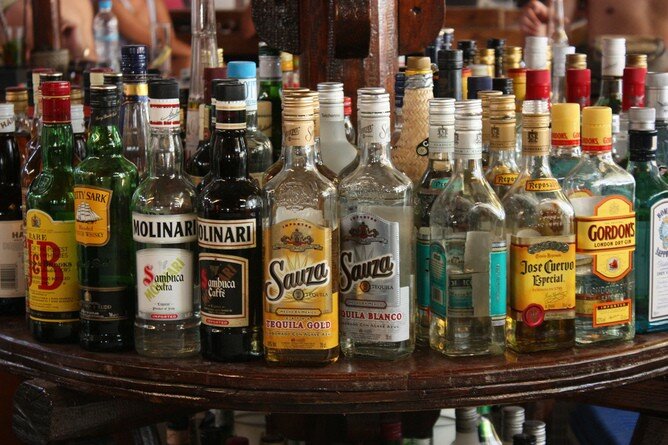Study: Fertility ‘unaffected’ by moderate alcohol consumption
Study: Fertility ‘unaffected’ by moderate alcohol consumption
A new study has found that if a woman wants to get pregnant, she should abstain from alcohol but not necessarily “completely”.
In developed countries, about one in four couples (24%) experience a fertility problem, which practically means that they are unable to have a child after efforts for at least one year, surveys have shown.
According to a study published in the British Medical Journal (BMJ), women who drink more than 14 drinks per week, an average of at least two drinks per day, are 18% less likely to become pregnant. This amounts to at least two bottles of wine a week.
However, the consumption of up to seven drinks per week does not seem to affect fertility. The type of alcoholic beverage consumed (wine, beer, vodka, etc.) does not play a role, either.
Danish researchers, led by Ellen Mikkelsen of the Department of Clinical Epidemiology at the University Hospital of Aarhus, analysed the data of 6,120 women aged 21-45 years for nine years. Of these, 4,210 got pregnant, while only 1.2% of women drank more than 14 drinks a week.
The study did not take into account the consumption of alcohol by men, which is known to affect sperm quality. If a couple faces difficulties in having a child, experts recommend drastically limiting alcohol consumption.
But researchers warned that drinking could be harmful in the initial stage of conception.
“Nonetheless, because the foetus may be particularly vulnerable to alcohol during the first few weeks after conception, it would seem prudent for women who are actively trying to become pregnant to abstain from alcohol during their fertile window until a pregnancy has been ruled out,” the study noted.
The EU alcohol strategy
But the European Commission does not share such a view.
The European Union’s alcohol strategy clearly states that any amount of alcohol can be dangerous during pregnancy.
“Exposure to alcohol during pregnancy can impair brain development of the foetus and is associated with intellectual deficits that become apparent later in childhood,” the European Commission notes, adding that awareness-raising interventions are of key importance.
The executive recommends that EU member states reduce exposure to alcohol during pregnancy, and therefore the number of children born with Foetal Alcohol Disorders, by improving consumers’ information.
“As part of consumer information, some member states have introduced, or are considering introducing labelling to protect pregnant women and the unborn child.”
For further reading on this topic and for the original report please click HERE
Source: EurActiv
Pin It


